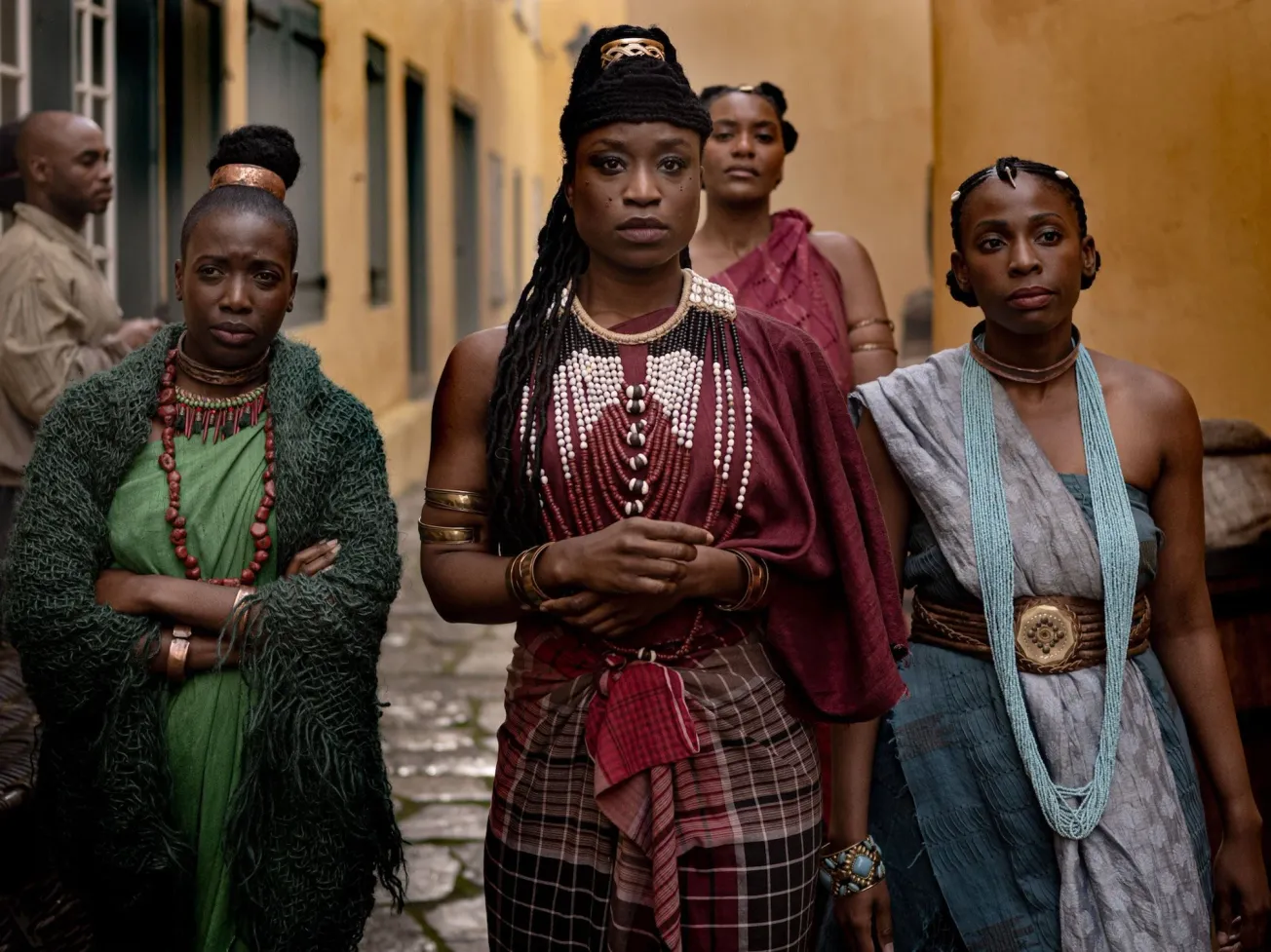By Milan Perera, Arts Critics Columnist
More often than not, Africa is portrayed in the media alongside themes of enslavement, colonisation and deprivation. This Euro-centric perspective only perpetuates prevailing notions of Africa as backward and primitive, needing the Promethean light of Europe in order to emerge from the darkness. It is only recently that these notions have been challenged and rewritten. African Queens: Njinga is a documentary which aims to convey the clear message that the history of Africa is as rich as Europe’s by taking a closer look at one of the continent’s forgotten queens: Njinga.
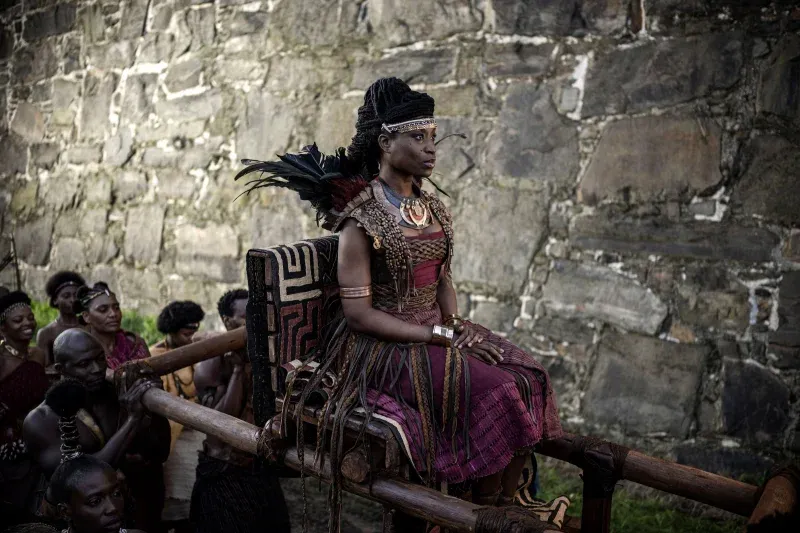
In the first episode we are taken to the vast plains of the Kingdom of Ndongo (modern day Angola). In the 17th century, African kingdoms were faced with the two-fold threat of bloody internal internecine conflict and European invasion. Njinga’s father, the king, was assassinated by power-hungry lords and Njinga’s own infant son was killed by her brother who succeeded as king.
In this pervasive atmosphere of greed and ambition, there was no choice for her other than to adapt and survive. She did more than that. She bypassed her own personal tragedies to rise up for her people in the face of collective adversity. Over four episodes, the warrior queen’s rise to power and the sacrifices necessary to maintain her nation’s independence are charted and commented upon.
Njinga’s strength lies in her tenacity and her ability to read situations with the strategic acumen of a chess player. This is depicted in her 200-mile journey from Kabasa to Luanda to meet with the Portuguese governor where, upon arriving, she becomes an object of ridicule and the Portuguese do not even provide a chair for her to sit on.
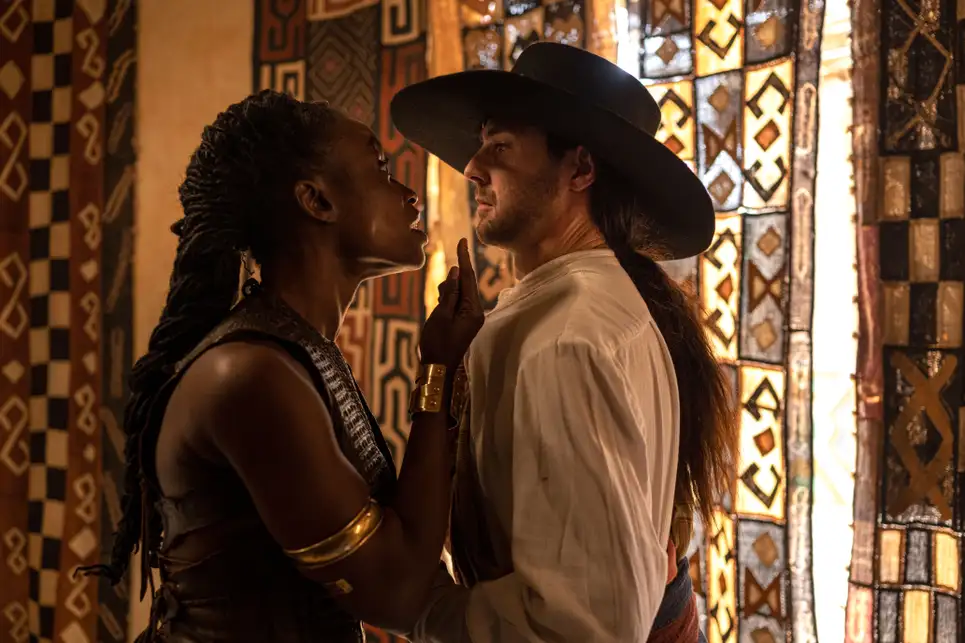
With no room for ego, she made light of the situation and asked one of her company to kneel and bend to allow her to sit. What follows is a masterclass of diplomacy; Njinga’s genius is shown to be knowing what to demand but also what to concede. She forms a friendship with the governor’s wife and is baptised into Catholicism, becoming answerable only to the Pope. In doing so, all her demands are met and she becomes recognised as the “Woman King”.
The hybrid format of drama and documentary takes a while to get used to; there are interjections and analyses from various experts and scholars, including our own Dr. Edson Burton from the University of Bristol. There is so much to be processed to get to the granular level of Queen Njinga’s times and I vividly remember pausing to Google names and places as most of the material felt unfamiliar.
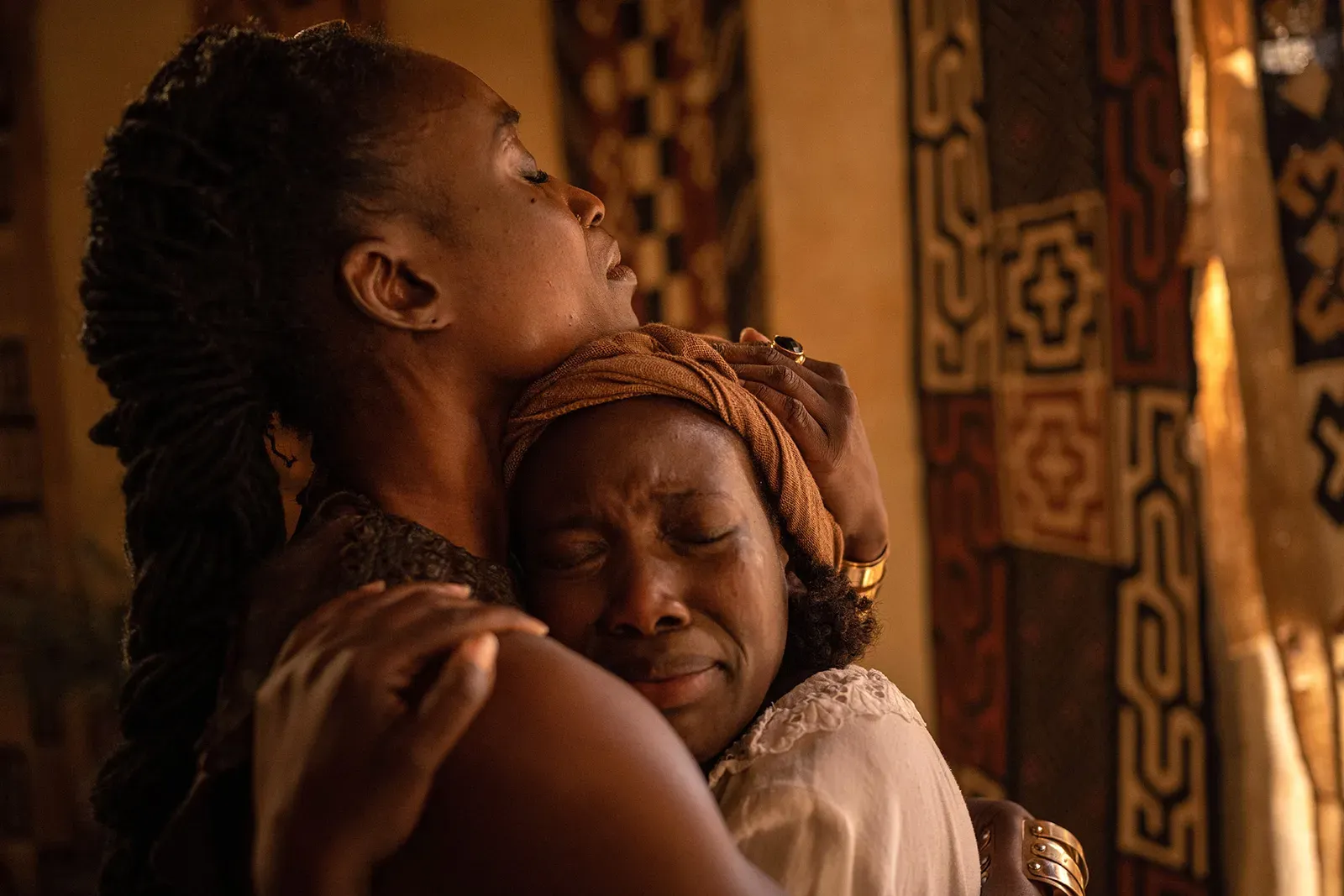
That said, the drama segment is well-thought through and features excellent performances as well as faultless set designs and costumes. The cast includes Thabo Rametsi as Kasa, a leader of the Imbangala mercenaries, and the impressive Adesuwa Oni as Njinga.
With the recent success of The Woman King (2022), African Queens: Njinga could not have arrived in the streaming sphere at a better time. Furthermore, Jada Pinkett Smith, who faced criticism and mockery after the infamous “Slapgate” at last year’s Oscars, rises from the ashes as the series’ executive producer and narrator.
Despite good timing, the series is dangerously ambitious. Njinga’s existence has been confined to the fringes of history, making her an unlikely candidate for a Netflix documentary. But now it is time for her to shine and reclaim her rightful place in its centre. It is refreshing that the creators have paid close attention to portray Njinga with finesse, staying well away from bombast to avoid reducing the documentary to a panegyric promo.
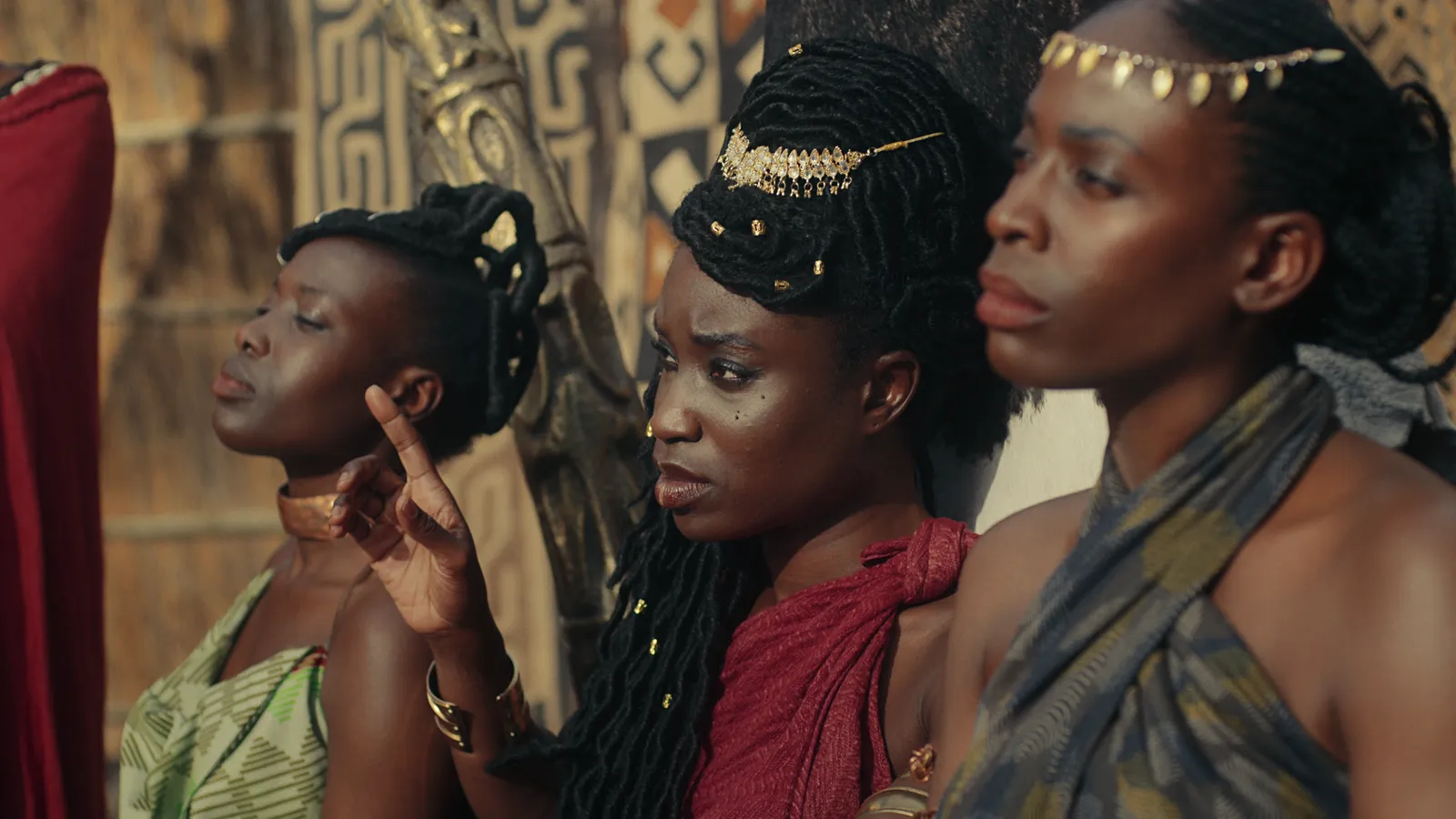
At times, it felt like the experts could have expanded on various points to avoid people having to Google things in order to understand the finer details. However, the series is not intended as a straightforward documentary or a compilation of university lectures, but rather a digestible portion of history coated with drama to appeal to a wider audience. As such, African Queens: Njinga is a tour de force in providing crucial and neglected history.
The anxious wait for the second season, focusing on Cleopatra, has begun!
Featured image: by Joe Alblas, courtesy of Netflix
Will you be learning about Queen Njinga's incredible life?

